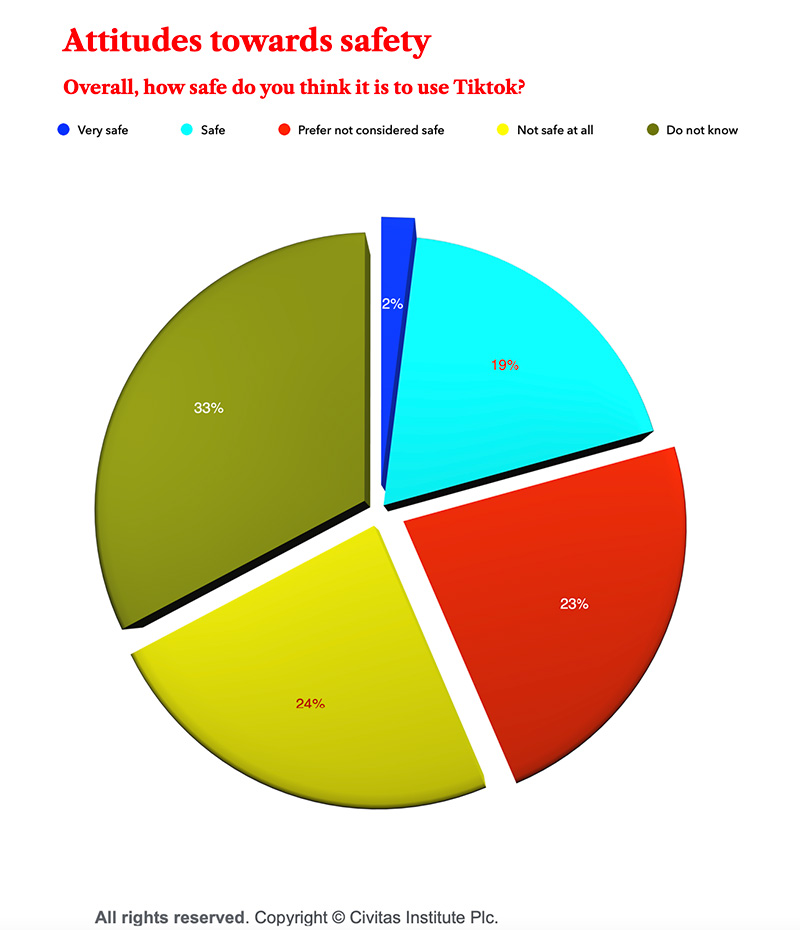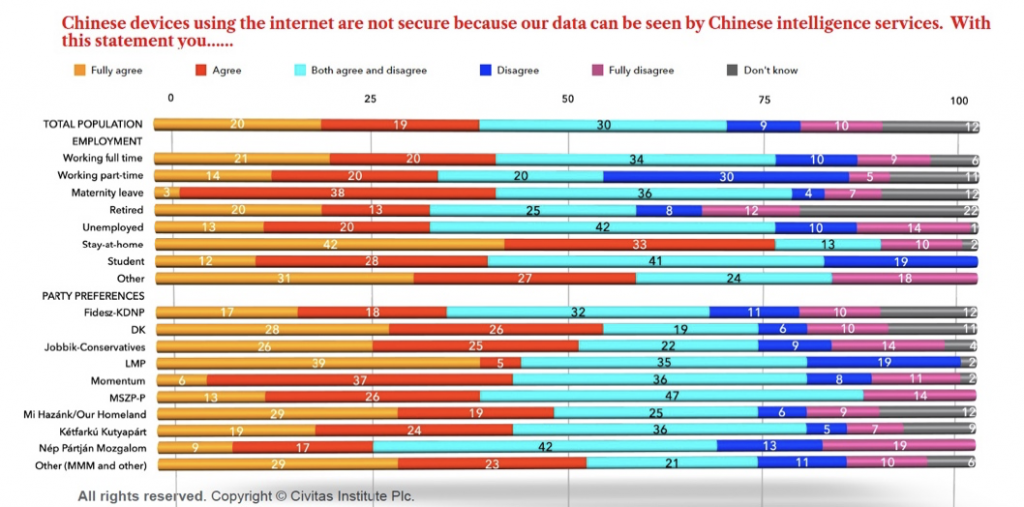The past three months have seen a surge in legislation regarding the Chinese app TikTok, mainly for security reasons; that is, the app is partly owned by the Chinese Communist Party (CCP). Starting with the United States and continuing with Canada, the European Union finally realized the apparent cybersecurity threat. From March 20, the Chinese app has been suspended from all corporate devices of the EU’s leading institutions. At the same time, some member states are also investigating the possibility of a similar ban. Also, there has been an intensive campaign by the Consumer Choice Center to raise legislative awareness of the security issues that arise when using Chinese technology.
Author: Zoltán Kész
Today in the European Union, half the population uses the app. There are concerns that more than this legislative ban is needed to prevent China from gathering the private information it needs. The app has become one of the most popular online pastimes, especially among the younger generation, but are people aware of the risks and threats the app poses?
To understand the attitude of users, the best country to go to is Hungary. The country has been the gateway for China to the European Union. In the past decade, the government’s Eastern Opening policy has emphasized doing business with China, having Chinese investments, and making Hungary a strong ally in China’s Belt and Road Initiative. If there is a country in the EU with significant Chinese influence, it is Hungary.

Civitas Institute has carried out a representative research poll related to the general and specific attitudes of the population toward TikTok. The most important question to ask about the app is whether people are aware of its security issues. Compared to the rest of the Union, the number of users in Hungary is at most 50%. Interestingly, nearly half the population (47%) thinks the app is not secure, while only 21% think it is ok.

When looking at the correlation between education level and trust, most of those with university degrees find the app insecure. Still, those with little education could not tell whether TikTok is safe. Civitas Institute has asked whether our data is accessible to Chinese intelligence. Close to 40% of respondents agree with the statement. When investigating the attitude of respondents based on party preference, it is seen that the polarization of society shows perfectly. Pro-government respondents are more likely to trust Chinese products than opposition sympathizers.

Generally speaking, most populations are either unaware of risks or disregard them regarding online security. This can be due to the need for more awareness but can also be attributed to the popular aspects of the app that may exceed security concerns. It is worth investigating how people would react to innovations if they found out about the security and political realities behind them.
Read the full research here: https://en.civitasintezet.hu/wp-content/uploads/2023/03/Civitas-TIKTOK-ENG.pdf

Zoltán Kész is a former Member of the Hungarian Parliament. He is now the Government Affairs Manager at the Consumer Choice Center and continues to be the adviser of Civitas Institute.



